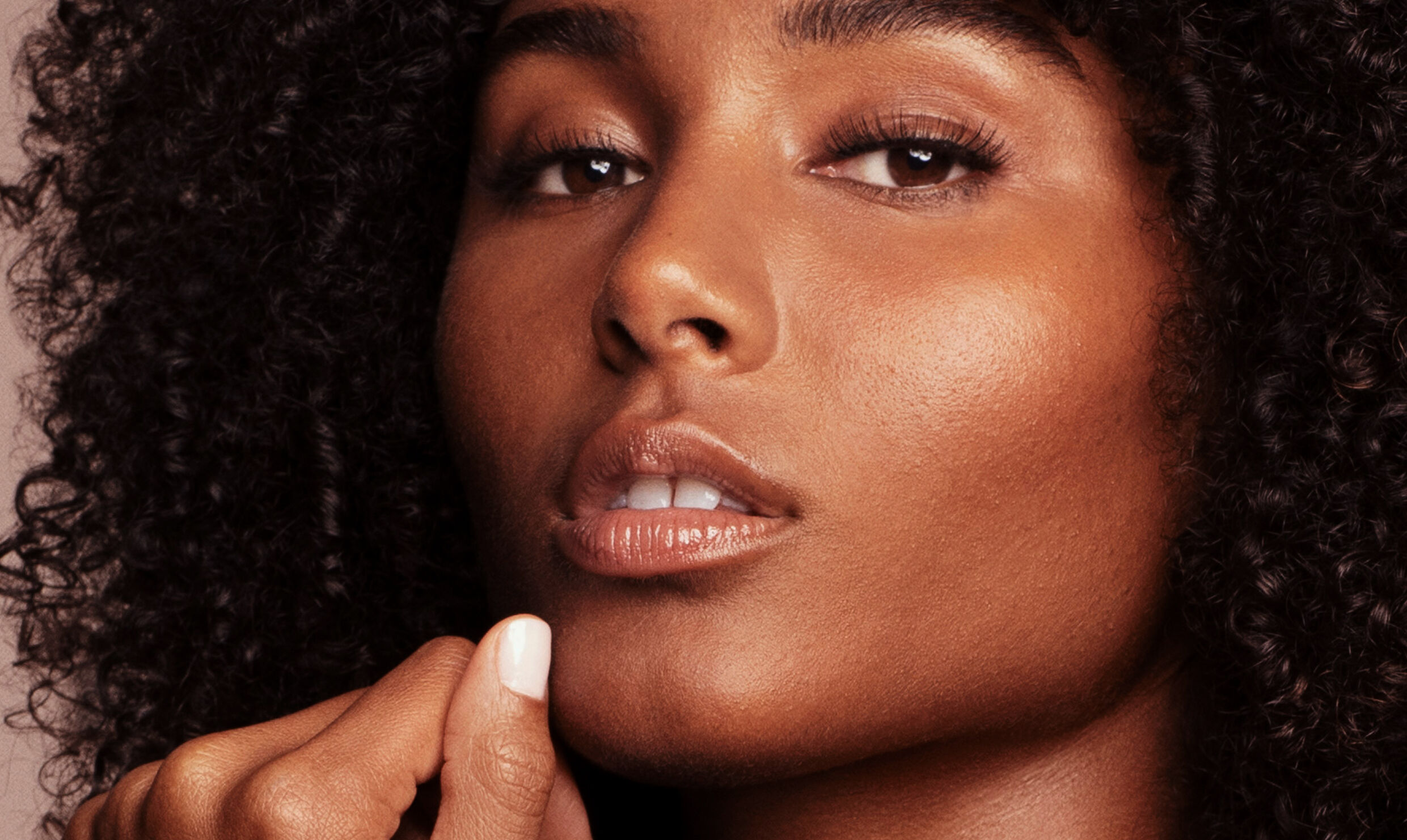It is common to change the ingredients in our skincare products. In the past year, a TikTok clip by dermatologist Dr. Whitney Bowe has received a lot of attention. She demonstrates the benefits she calls “skin-cycling.”
Skin cycling is a skincare technique that uses active ingredients in a four-night cycle. It’s said to improve your skin’s texture, make it more transparent, and increase hydration.
What products are included in the skin-cycling method? Our Skin Health Experts will examine the details in this guide and provide some skincare tips and tricks.
Skin cycling: A trend that will last
Unsurprisingly, people may use more than they need with the seemingly endless supply of new skincare ingredients. Applying too many products to your face, or stripping the skin of its natural oils, can irritate. This may manifest as dry patches, blemishes, or flaking.
Skin cycling is a great way to combat this problem.
Why? The skin barrier is what protects you against infections and allergens. Skin cycling can help restore and rejuvenate your skin barrier and keep it intact in future nighttime routines.
What is skin cycling? Skin cycling is a way to simplify your nighttime skincare routine.
You’ll then prioritize (yes, only one) essential skincare product throughout four nights. This allows your skin to repair and hydrate itself in between treatments.
Skin cycling is something that most of us do without even realizing it. It involves two elements:
Rotating the application and use of skin care products in a manner that improves overall skin health
Consider a recovery period in which the skin can repair itself and rest.
How to skin cycle
The four-day skin cycle routine recommends rotating active ingredients. Take your time with this. It is meant to be intuitive.
- Night 1: Exfoliation– Use a gentle, alcohol-free cleanser, rinse with lukewarm, and pat dry your face, not scrub it. An exfoliate (r) treatment after cleansing reduces clogged skin pores and removes dead cells. Exfoliating too much can irritate. However, spreading out your exfoliation night can help you achieve a radiant complexion.
- Night 2: Retinoid– Retinoids reduce the appearance of fine lines and stimulate blood vessels in your skin. You’ll apply a small amount of +Retinol Vitamin C Power Serum on your chest, neck, and face the second night. You can get the most out of your retinol by applying it to only your face.
- Nights 3 and 4: Recovery– Give your skin time to breathe by avoiding exfoliants and retinoids on the last two evenings of your skin care regimen. Prioritize cleansing and hydration to restore your skin barrier. To support plump, supple skin, use a Goat Milk Moisturising Cleanser.
Consistency is vital when it comes to skin cycling. Inflammation or irritation may indicate your skin is unhappy with your current skincare routine. Put your skin first, and make any necessary adjustments to your skincare routine to accommodate hormonal fluctuations and maintain healthy, beautiful skin.
How to optimize your skincare routine
Skincare routines that are tailored to the skin type, condition, age, and maturity of your skin can be beneficial. Products formulated specifically for your complexion type will also improve your skin health. While dry skin will benefit from moisturizing, those with oilier skin may prefer to use a lighter serum or moisturizer during recovery days.
Take our Skin Care quiz for a customized skincare routine that will nourish your skin and address your skin concerns.
No matter what your skin type is – normal, sensitive, oily, or dry – powerful sun protection will help protect you against sun damage.


